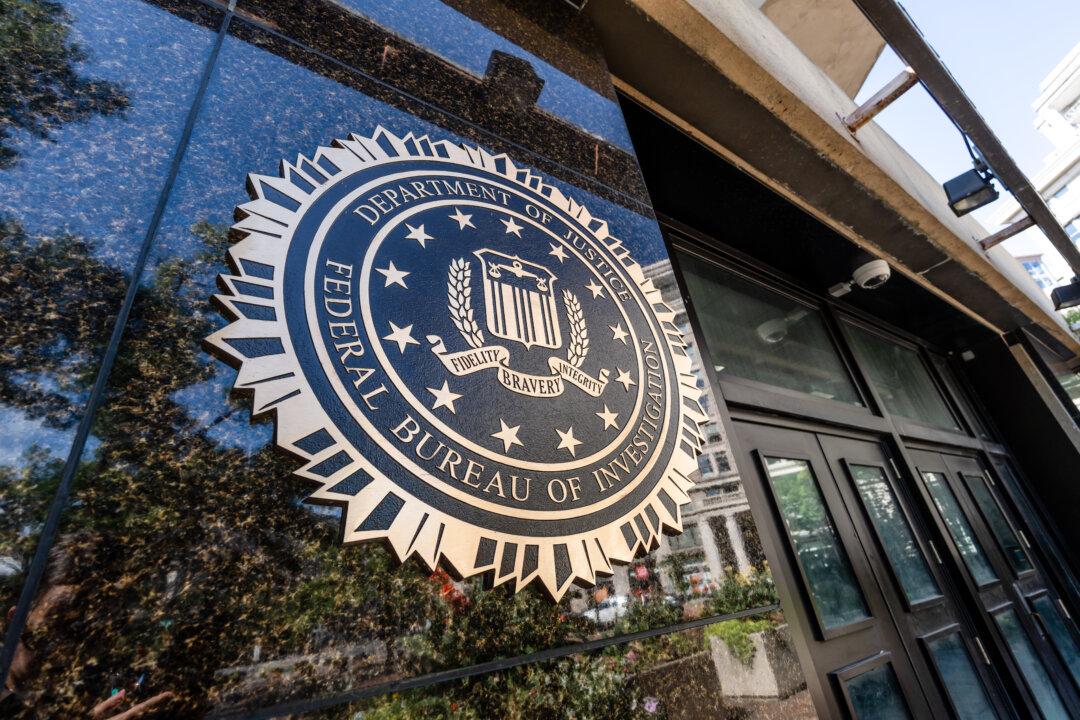A counterfeit check scam is increasingly aiming to dupe law firms out of their money, with scammers masquerading as potential clients, according to an alert issued by the FBI.
The scam targets “law firms engaged in collections work,” according to the Oct. 8 alert by the agency. Such work involves collecting funds such as outstanding debts on behalf of their clients.





